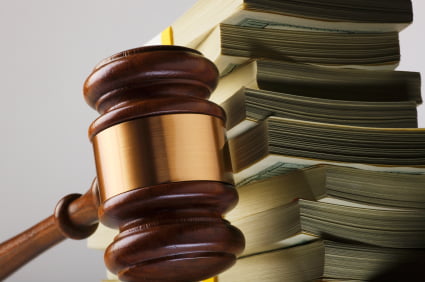Collecting on a Small Claims Judgment
Congratulations! You’ve won your small claims case, but now it’s time to collect that judgment, which can be an even bigger battle. The courts typically are done once they issue a judgment, which means you’ve got to figure out how to collect. A local sheriff will help you collect as long as you have a court issued document that proves you won your court case.
Bank Levy
For a bank levy you need certain information from the person who owes you which isn’t always easy to get, but in some cases it’s available. You’ll need to know the name of their bank and their bank account number. Some accounts are exempt from collection and joint accounts may prove to be a little more difficult but personal accounts can be tapped into usually.
Wage Garnishment
A wage garnishment is a very common way to collect judgments from court cases. Wage garnishment means you can collect a portion of the debtor’s paycheck before they even see it. There is a specific formula for determining how much can be collected from the debtor but it’s typically around 25%. This is usually the preferred method if the debtor has a job.
Real Estate Lien
A real estate lien lets you claim part of any property that the debtor may have. This is not typically a common solution to collecting a small claims judgment as it can take a long time since you won’t get any money until the property is sold.
Some debtors just don’t know how and when to pay and a simple request letter from your attorney with instructions will get the ball rolling. Sometimes the debtor is what the courts call judgment proof, meaning they have no means to pay and they probably won’t, which means your judgment was just basically a hollow victory.
